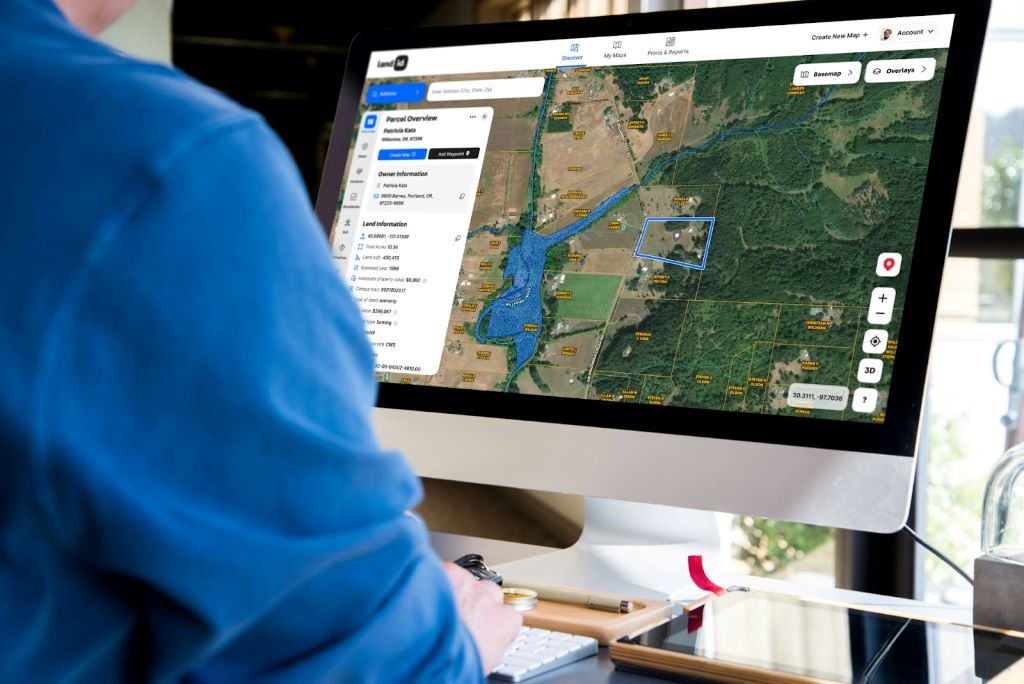how to find out who owns a property? Knowing who owns a particular property is essential for various reasons. Whether you’re a buyer exploring opportunities, a neighbor addressing boundary issues, or an investor scouting properties, identifying ownership is often the first step. This guide will break down the most reliable, accessible, and legally sound methods to uncover property ownership.
Additionally, if you’re delving into property ownership details, check out explore Bulksgo for a wealth of resources to simplify your search.
Understanding Property Ownership
Before diving into how to find out who owns a property, it’s critical to grasp why this knowledge matters. Ownership details are public records, offering transparency and fostering accountability.
Property ownership details can:
- Provide insight into property taxes and legal disputes.
- Help settle disputes over boundary or access rights.
- Assist real estate investors in finding off-market opportunities.
Public Records: The Most Accessible Source
County Recorder’s Office
Most ownership details can be accessed through the local County Recorder’s Office. This database includes deeds, mortgages, and liens associated with a property. By visiting the office in person or searching their online database, you can find crucial information.
Benefits:
- Free or low-cost access.
- Verified government records.
Drawbacks:
- May require personal visits.
- Older records might not be digitized.
Tax Assessor’s Office
Another effective way to find ownership is through the Tax Assessor’s Office. These records are public and indicate who pays taxes on a property.
Online Government Portals
Many counties now provide searchable online databases that make the process faster and more convenient.
Using Professional Tools and Services
Real Estate Websites
Platforms like Zillow and Realtor.com often display basic ownership data. While not always accurate or complete, these sites provide a starting point.
Title Companies
For detailed research, consider hiring a title company. Their expertise ensures accuracy and efficiency.
Declaration of No Interest
To avoid potential conflicts or ensure clarity in property disputes, a declaration of no interest can safeguard both parties. This document confirms no financial interest or claims exist over a property, streamlining legal procedures.
Leveraging Local Resources
Neighborhood Knowledge
Sometimes, local residents or neighbors can offer insights about a property. While informal, this method is cost-free and straightforward.
Libraries and Historical Societies
Libraries often maintain historical property records. These resources can reveal ownership changes over decades.
Town Clerk’s Office
Some municipalities provide access to vital property documents, including zoning permits and building records.
Online Tools for Modern Property Searches
The digital age has revolutionized how we access property data. Here are popular online tools:
GIS Mapping Systems
Government websites often include Geographic Information Systems (GIS) maps. These platforms allow you to search properties by parcel numbers, offering ownership details and zoning information.
Third-Party Property Databases
Paid services like PropertyShark or LandVision provide detailed reports, including owner information, sales history, and market analysis.
Pros and Cons of Third-Party Tools
- Advantages: Instant access, detailed insights, and user-friendly interfaces.
- Disadvantages: Subscription costs can be high.
Legal and Ethical Considerations
Property ownership is a matter of public record, but it’s important to approach your search ethically:
- Avoid harassment or misuse of ownership data.
- Respect privacy when contacting property owners.
- Ensure your inquiries align with state laws.
Situations That Require Ownership Information
Real Estate Transactions
Knowing ownership is a non-negotiable step when buying a property. It prevents fraud and ensures transparency.
Land Disputes
Boundary disputes often arise between neighbors. Ownership verification helps resolve these disagreements amicably.
Investment Opportunities
Investors rely on ownership details to identify distressed properties or locate absentee landlords.
DIY Property Searches vs. Professional Help
DIY Approach
Using free public resources can save costs, but it requires patience and diligence.
Professional Help
Hiring professionals, such as private investigators or title companies, can expedite the process and reduce errors.
When to Choose Professional Help:
- Large-scale property investments.
- Complex legal situations.
- Lack of time or expertise.
You Might Enjoy: Understanding the Expression of Interest in Real Estate: A Simple Guide
Conclusion
Finding out who owns a property is easier than ever with the resources available today. From public records and professional tools to online databases, the options are vast and versatile. Always ensure you approach your search ethically, respecting privacy and legal boundaries. Whether you’re exploring investment opportunities or settling disputes, ownership details pave the way for clarity and accountability.


